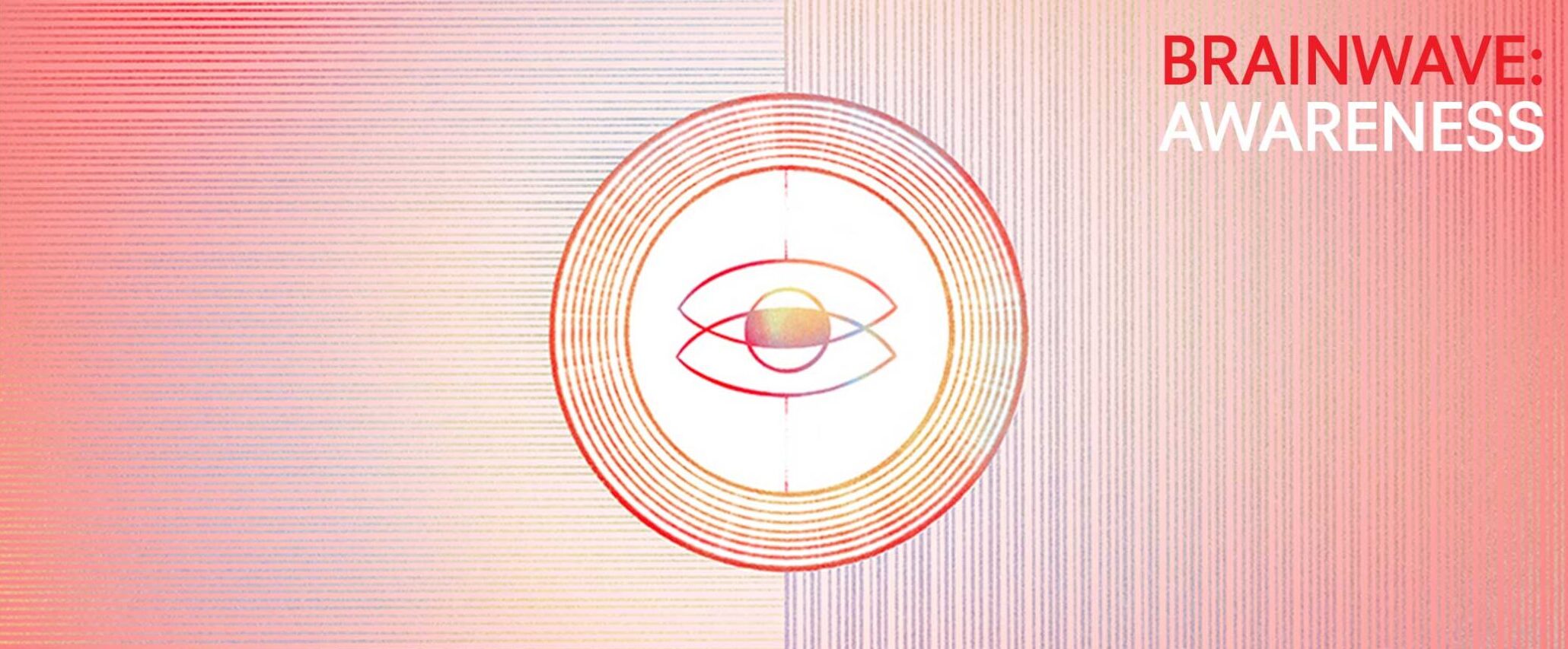
Radicalization on the Spectrum
Mohammed Khalid + Dr. Elizabeth Torres
Tuesday, May 25, 2021
6:30 PM–7:30 PM
He was one of the youngest people charged with terrorism in U.S. history and was imprisoned for five years for his involvement in the Jihad Jane case of 2010. It was only during his trial that Mohammed Khalid—only 15 at the time—was diagnosed with Asperger Syndrome.
Radicalization, addiction, and obsession have striking commonalities. Dr. Elizabeth Torres, the director of the New Jersey Autism Center of Excellence, joins Mohammed Khalid in conversation to talk about the vulnerability he feels those on the spectrum face from radicalization.
About the speakers

Mohammed Hassan Khalid was born into a Pakistani family that immigrated to the United States after 9/11. Mocked at school for being a “terrorist,” the increasingly isolated teenager retreated into a cyber world of extremist ideology and “brotherhood.” After he supported a failed plot to kill a Swedish cartoonist (who had drawn the head of the prophet Muhammad on a dog’s body), Mohammed became the youngest person in U.S. history to be prosecuted for terrorism offenses and was sentenced to five years in federal prison. Mohammed self-deradicalized behind bars and upon release, became a cybersecurity professional and a counter extremism activist. He has been featured on many outlets, including The Washington Post Magazine, The Guardian, Vice News, UMBC Magazine, and others. In addition to being a full-time scholar, he works with governments, community, and local actors in advocating for a pluralistic society that underscores human rights when developing holistic and contextualized counterextremism policies and initiatives. Mohammed regularly shares his experiences on his blog, mohammedkhalid.com.
Dr. Elizabeth Torres is associate professor at Rutgers University where her lab designs new statistical techniques for precision phenotyping in autism, schizophrenia, Parkinson’s disease, deafferentation, and stroke. She has made a case that sensory and motor impairments of children on the spectrum may be the key to more accurate diagnosis and effective therapy. She was appointed director of the New Jersey Autism Center of Excellence in 2018. Dr. Torres received her PhD in cognitive science in 2001 from the University of California, San Diego, and conducted her postdoctoral training in electrophysiology at CALTECH.
About Brainwave 2021: Awareness
In our hyperconnected world it’s easy to feel overwhelmed and distracted. This may seem like a modern problem, but the earliest Buddhist teachings sought to help followers awaken from similar states of disconnection. From the Buddhist perspective, the first step to awakening is cultivating awareness.
Through the lens of neuroscience and psychology, the Rubin Museum’s 2021 Brainwave program series will explore awareness with speakers from different walks of life and experiment with tools to reconnect with ourselves, our surroundings, and our communities. Pay what you wish to attend any of this year’s programs.
Lead support for Brainwave is provided byScience Sandbox, an initiative of Simons Foundation, and by the New York City Department of Cultural Affairs in partnership with the City Council. Major support is provided by Gerry Ohrstrom with program support provided by Cheryl Henson.

Suggested Ticket Price: $15
Pay what you wish to attend this program. A generous ticket purchase shows your support of the Museum and helps us develop future offerings
Find the Zoom link to connect to the program in your confirmation email. View our Frequently Asked Questions for more information or contact our Box Office at boxoffice@rubinmuseum.org for assistance.

